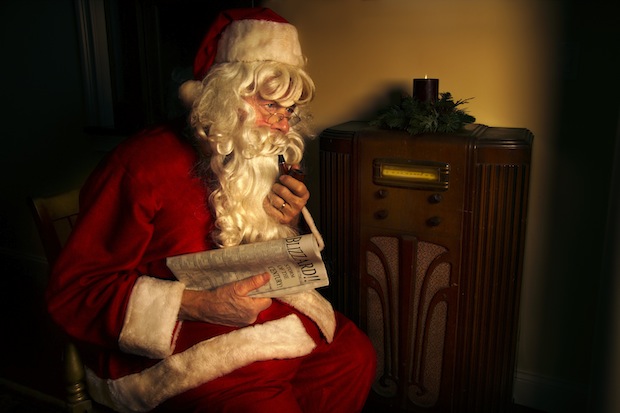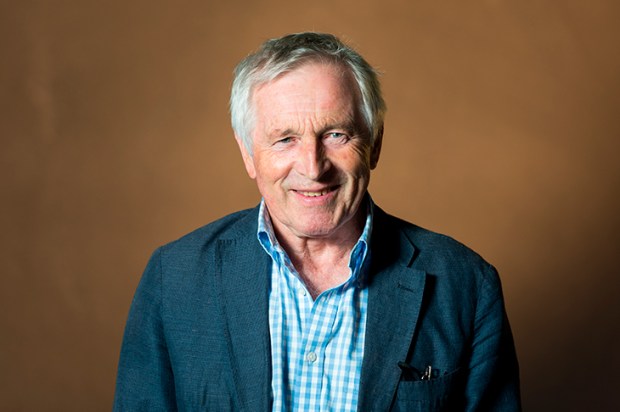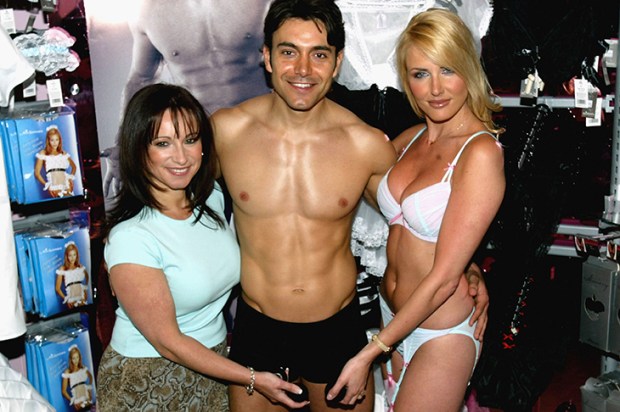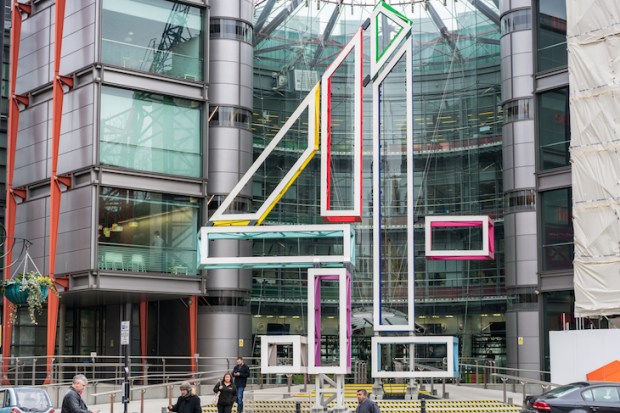Is it time to scrap the licence fee? That’s a question we’re going to hear more and more about in the next couple of years. Why should the BBC retain its archaic monopoly over the airwaves? Why not abolish the royal charter that grants the BBC the right to collect the fee (worth £3.6 billion a year) when it comes up for renewal in 2017? A change is long overdue, throwing open the broadcasting market, giving the independent production companies more opportunities to succeed and enabling the new digital online stations to expand, build audiences, create more original audio experiences. Or is it?
Just imagine what would happen to radio in the UK if the BBC could no longer guarantee its funding. At the moment, ‘For 40p a day you get a news service, on radio, online… oh, and by the way, you get drama, and local radio…’ declared the BBC’s director-general Tony Hall in a conference speech last month organised by the Voice of the Listener. You’re unlikely to have time or opportunity to take advantage of that 40p entrance fee amid the hustle of Christmas Present, with its demanding agenda of shopping, house-decorating and fine-dining. But cast your mind back to Christmas Past and make a reckoning of what you’ve happened upon as you fumble through breakfast, motor through the day, wind down with the washing up. Has it been worth that £145.50 fee?
Hugh Sykes’s reports from Egypt and Syria would be high up on my list of listening that’s worth every penny, along with Ritula Shah on The World Tonight, taking the politicking out of the news agenda and giving us the facts without the bluster beloved of other current affairs programmes. We take so much for granted, just assuming it will always be there. But will it, if funding by licence fee were to be withdrawn? Jamie Parker reading Donna Tartt’s latest novel The Goldfinch every night for three weeks (saving me the time taken to read it) was a small but significant treasure. As was The Pursuits of Darleen Fyles, Esther Wilson’s drama about a young married couple with learning disabilities. It’s now, perhaps surprisingly, into its fifth series in the Woman’s Hour slot, becoming each time more effective as the young disabled actors grow audibly and movingly into their parts, acquiring confidence as they gain experience. How would all this sound if sandwiched between adverts for Volkswagen and Viagra or pleas for donations to keep them on air?
Even with the licence fee, the BBC has only been able to create long-running, expansive series like A History of the World in 100 Objects in 2010 or, more recently, The Listening Project by working in partnership with other organisations such as the British Museum and the British Library. Each year there’s less money to go round, especially in this ever-expanding world of podcasts, streams and downloads. You might say, why is the BBC extending into so much online ‘convergence’, visualising radio programmes, creating an ever-bigger web presence for itself and leaving no room for competitors to develop and possibly threaten its singular authority and reputation? Does the BBC need to have so many TV channels, radio stations, online news outlets when it means cutting some of its core output?
Drama on the World Service is already virtually extinct, and it’s becoming rarer elsewhere. We need to keep up the pressure to preserve what we still have. It’s the quantity, as well as the quality, of drama on air that makes the BBC so unusual. A leaner, smaller output would change for ever the corporation’s global status.
This Christmas the squeeze on funding is beginning to show its teeth. There’s a new instalment on Radio 4 of Lynne Truss’s Inspector Steine crime capers set in 1950s Brighton, plus Beatrix Potter retold in 15-minute episodes, and Enid Bagnold’s National Velvet as a 45-minute afternoon play with John Sessions and Alison Steadman. But where are the classic adaptations of George Eliot, Pinter, Elizabeth Gaskell, Webster, Sheridan or Mark Ravenhill? Where are the big new commissions like Tom Stoppard’s Darkside, inspired by Pink Floyd’s album and created for Radio 2 in the summer?
Just imagine what the BBC schedules might look like in Christmas Future. One play a week, a few short stories, and plenty of running news and repeats from the glorious past, interrupted every quarter-hour by voices we used to hear reading Shakespeare, Heaney and Hughes beseeching us instead to book a beach holiday, buy a case of wine, find a new partner online. If drama can so suddenly disappear from the World Service even before it has lost its funding from the Foreign and Commonwealth Office, why could this not also happen on the other stations, given a change of climate?
But of course it’s not just drama we should care about. As you settle into the sofa on Christmas Eve with a mug of tea (or something stronger) and a hot mince pie in time for the carols from King’s, and as you wake up to David Attenborough giving us his take on the best Tweet of the Day, spare a thought for how it’s been made, where the money’s coming from, and ask yourself — what else could I get for 40p a day that’s this life-enhancing
Got something to add? Join the discussion and comment below.
Get 10 issues for just $10
Subscribe to The Spectator Australia today for the next 10 magazine issues, plus full online access, for just $10.
You might disagree with half of it, but you’ll enjoy reading all of it. Try your first month for free, then just $2 a week for the remainder of your first year.














Comments
Don't miss out
Join the conversation with other Spectator Australia readers. Subscribe to leave a comment.
SUBSCRIBEAlready a subscriber? Log in